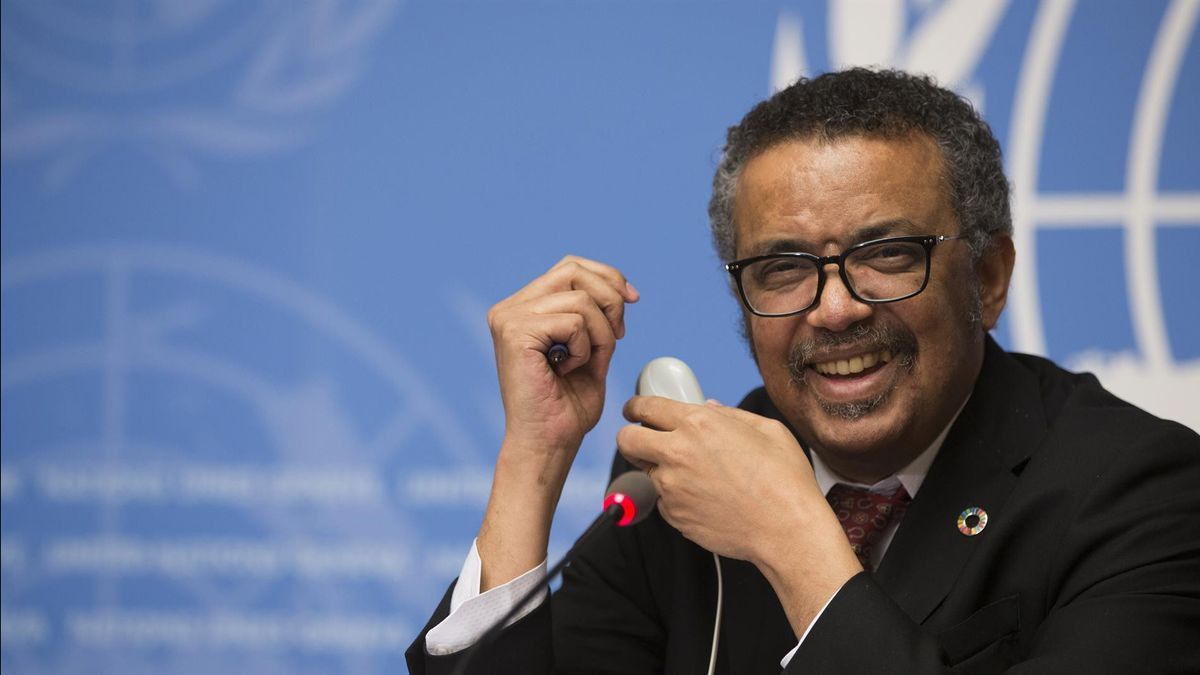JAKARTA - The World Health Organization (WHO) has offered further support to the Tanzanian government to deal with the Marburg virus outbreak.
"So far, eight cases have been confirmed, including five deaths," WHO Director-General Tedros Ghebreyesus told a news conference quoted by Anadolu via Antara, Thursday, March 23.
So far, the first confirmed case of Marburg virus disease in Tanzania last Tuesday. He said more than 160 contacts had been identified and were being monitored.
Tanzania's national response agency, jointly trained by WHO and the US Centers for Disease Control and Prevention, Tedros said, had been sent to affected areas to carry out additional investigations, trace contacts, and provide clinical treatment.
According to Tedros, the first sample was tested in a mobile laboratory established as the result of work funded by WHO last year to prepare for dengue fever outbreaks, including Ebola and Marburg, allowing Tanzania to confirm the outbreak.
A month ago, Equatorial Guinea also reported the Marburg outbreak and currently the country has nine confirmed cases and 20 potential cases.
"WHO has also deployed experts to the country to support the government's response," Tedros said.
Marburg is a family member of the same virus as Ebola, exhibiting comparable symptoms, spreading among people in the same way, and, like Ebola, having a very high death rate.
Although no Marburg vaccine or treatment has been approved, WHO is leading efforts to assess potential vaccines and treatments in connection with the outbreak.
"Meanwhile, we are not helpless," Tedros said.
He believes that careful contact tracing, isolation, and support care are a powerful effort to prevent Marburg transmission and save lives.
The Marburg virus was first recognized in 1967, when an outbreak of dengue fever occurred simultaneously in a laboratory in Germany's Marburg City, as well as in Belgrade in the formertipelago.
The English, Chinese, Japanese, Arabic, and French versions are automatically generated by the AI. So there may still be inaccuracies in translating, please always see Indonesian as our main language. (system supported by DigitalSiber.id)











